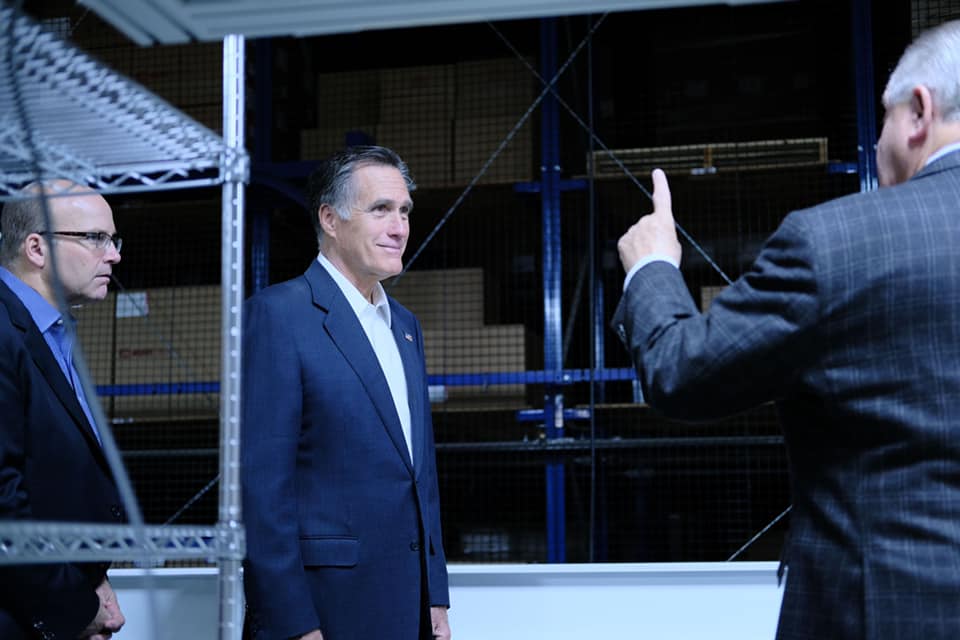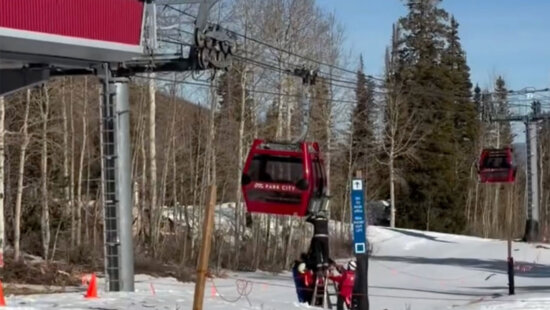News
Utah senators split over infrastructure bill passage

Photo: Senator Mitt Romney
WASHINGTON — On Tuesday, the U.S. Senate approved a $1 trillion infrastructure plan on a 69-30 vote.
The bill, now headed to the House, is a big win for President Joe Biden’s “Build Back Better” priorities.
In a bitterly divided Washington, infrastructure is one of the few issues that can still garner a bipartisan crowd of supporters.
“We’ve worked long hard and collaboratively, to finish this important bipartisan bill,” Senate Majority Leader Chuck Schumer (D-NY) told the Associated Press.
The bill includes funding for a wide variety of projects, including investment in public transit, electric vehicle infrastructure, airport maintenance, weatherization, and clean water.
President Biden has set a goal for the U.S. economy to reach net-zero emissions by 2050.
Despite some Republicans celebrating the bill, Utah Republican senators Mitt Romney and Mike Lee are split over their posture towards the plan.
“While this bill is not perfect—as is the case with a true compromise—it provides a once-in-a-generation investment in our country’s physical infrastructure without raising taxes,” Senator Romney wrote in a post.
“As one of the fastest growing states in the country, Utah is in serious need of additional infrastructure. This bill would provide Utah the funding to construct new, and rebuild and maintain, its existing roads and highways. It would also help our state mitigate drought conditions, prepare for and respond to wildfires, expand broadband to rural communities, and fulfill critical water needs—which includes funds to bring running water to a substantial part of Utah’s Navajo Nation. I’m proud to have helped negotiate this bill because it gave Utah a seat at the table and benefits Americans across the country.”
Utah’s other senator, Mike Lee, could not have a more opposite sentiment.
“I am sorely disappointed that the Senate chose to pass this irresponsible and so-called ‘infrastructure bill,” Lee said in a post.
“It drastically expands federal power; it increases spending without legitimate ‘pay-fors’; it exacerbates our already dangerous inflation; and it facilitates burdensome taxes and regulations that will hamper and harm our infrastructure. Ultimately, it will be the American people who will be forced to pay the exorbitant price.”
A Congressional Budget Office (CBO) estimate concluded the bill would increase the federal deficit by about $256 billion over the next decade. However, the CBO did not consider that $53 billion is expected to be saved because of the more than two dozen states (including Utah) that cut expanded unemployment benefits earlier than the federal deadline. Proponents of the bill also argue that there will be over $50 billion in economic growth from the funding.



















